Is the Gladiator sequel a good idea?
As Ridley Scott’s ‘Gladiator 2’, starring Paul Mescal, is given a release date for next year, Geoffrey Macnab questions whether the director can still harness the anarchic energy of the original
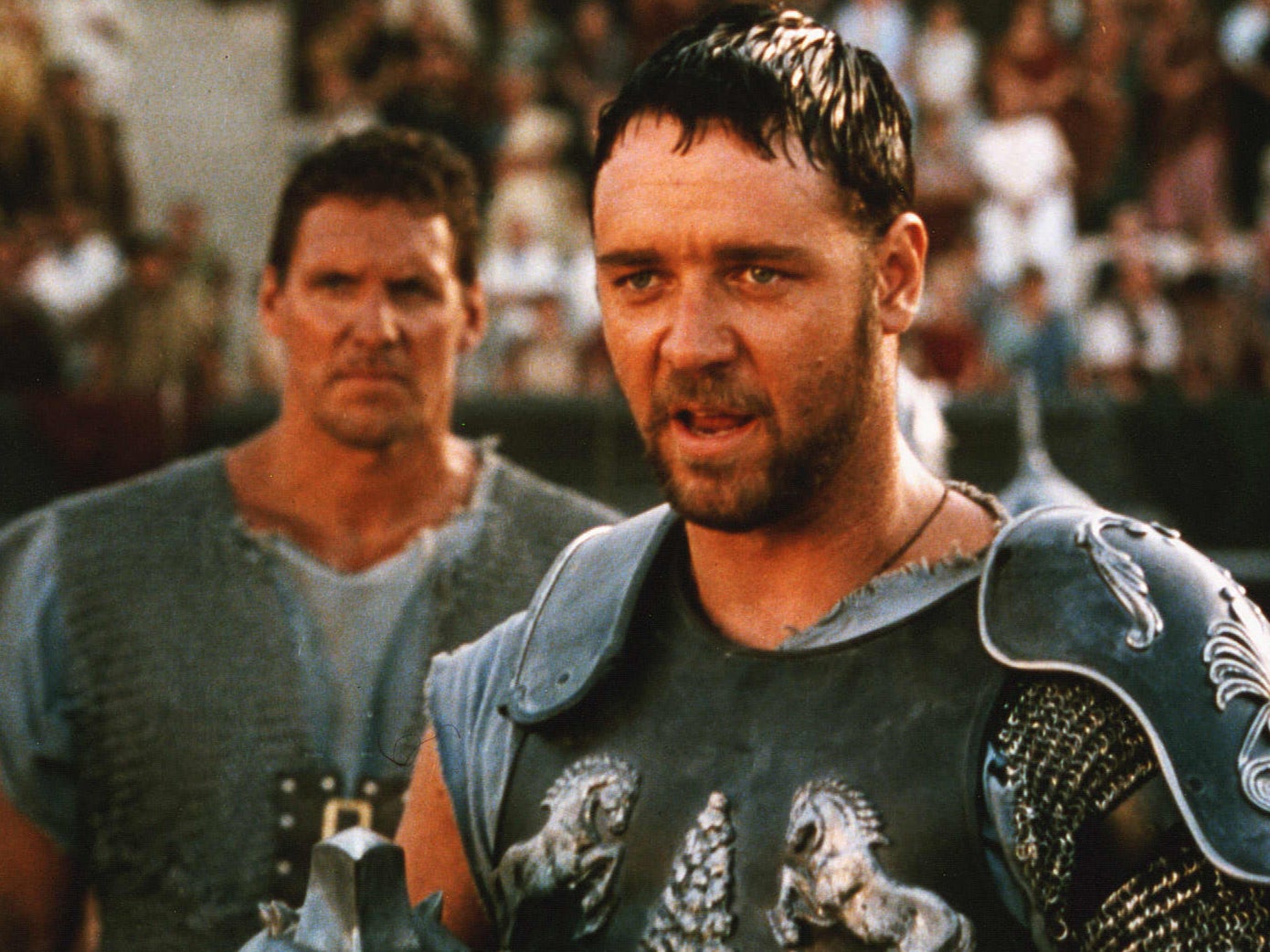
There is only a year and a half to wait until Normal People and Aftersun’s Paul Mescal is due to stride out into the Colosseum in his thongs, plumed helmet, leather wrist bands, and with his shield and short sword. The strapping, Oscar-nominated Irish actor is to star in Ridley Scott’s Gladiator 2, which this week was given a release date of 22 November 2024 by Paramount Studios. After all the gossip and speculation about a possible sequel over the last decade, this confirms that the follow-up to the Oscar-winning hit in 2000 will indeed be going ahead.
Why Mescal? The 27-year-old actor, who became a heartthrob after the sex scenes in Normal People, isn’t at first glance an obvious choice to fill Russell Crowe’s sandals 23 years later. He’s a gentler, more sensitive screen presence than the hell-raising Crowe was at the same age.
Reviewers, though, have written of the “fierce and dangerous energy” Mescal is bringing to his current stage role as Stanley Kowalski in the new Almeida production of Tennessee Williams’s A Streetcar Named Desire – soon to transfer to the West End. He has been described as “terrifying”, “brilliantly brutal” and “feral”, so perhaps he has some of Crowe’s rabid dog quality after all for the role of Lucius, the son of Lucilla (Connie Nielsen) – Crowe’s lover in the first film.
It will help Mescal that Ridley Scott knows just how to coax the anger and aggression out of his lead actors. From Sigourney Weaver as Ripley in Alien (1979) to Harrison Ford as Deckard in Blade Runner (1982), his movies are notable for the intensity of their central performances.
But, at 85, you can’t help but admire Scott’s stamina and ambition in biting off a new Gladiator at this stage of his career. Other directors of his vintage tend to make chamber pieces in their declining years; intimate, reflective films which they can shoot on a single location. The Swedish auteur Ingmar Bergman’s final, made-for-TV feature, Saraband (2003), about an elderly couple (Liv Ullmann and Erland Josephson) in a remote country house, reflected on their turbulent relationship. The American filmmaker Robert Altman had had a heart transplant by the time he came to London to make country house drama Gosford Park (2001) and used to take long snoozes between shots. When the great Italian director Michelangelo Antonioni was making his final full-length feature Beyond the Clouds in 1995, he had German auteur Wim Wenders by his side, ready to take over any scene that he couldn’t handle.
You won’t find Scott napping on set or being babysat by a fellow director. He is as restless and energetic as ever, and still telling stories on the grandest scale. He has only just finished his latest magnum opus, Napoleon (2023), in which Joaquin Phoenix – the mercurial villain Commodus from the original Gladiator – plays the French military commander in the quilt coat and two-cornered hat. Vanessa Kirby co-stars as Empress Josephine. Made for Apple TV Plus, this is yet another of Scott’s folies de grandeur, shot everywhere from Malta to West Wycombe and with a massive cast and very big battle scenes.
“He conquered the world to try to win her love, and when he couldn’t, he conquered it to destroy her, and destroyed himself in the process,” Scott explained to the press about why he was so fascinated by the interweaving of the personal and the political in the story of Napoleon and Josephine.
Gladiator 2 promises to be an equally gargantuan endeavour but like almost all Scott’s movies, it is bound to have a romantic undertow as well. The veteran British director is known for his slick visuals and painstaking attention to detail. Few profiles fail to mention that he came to cinema from the advertising world. What isn’t always acknowledged, though, is the emotional ferocity of his work or his forensic attention to relationships and family dynamics.
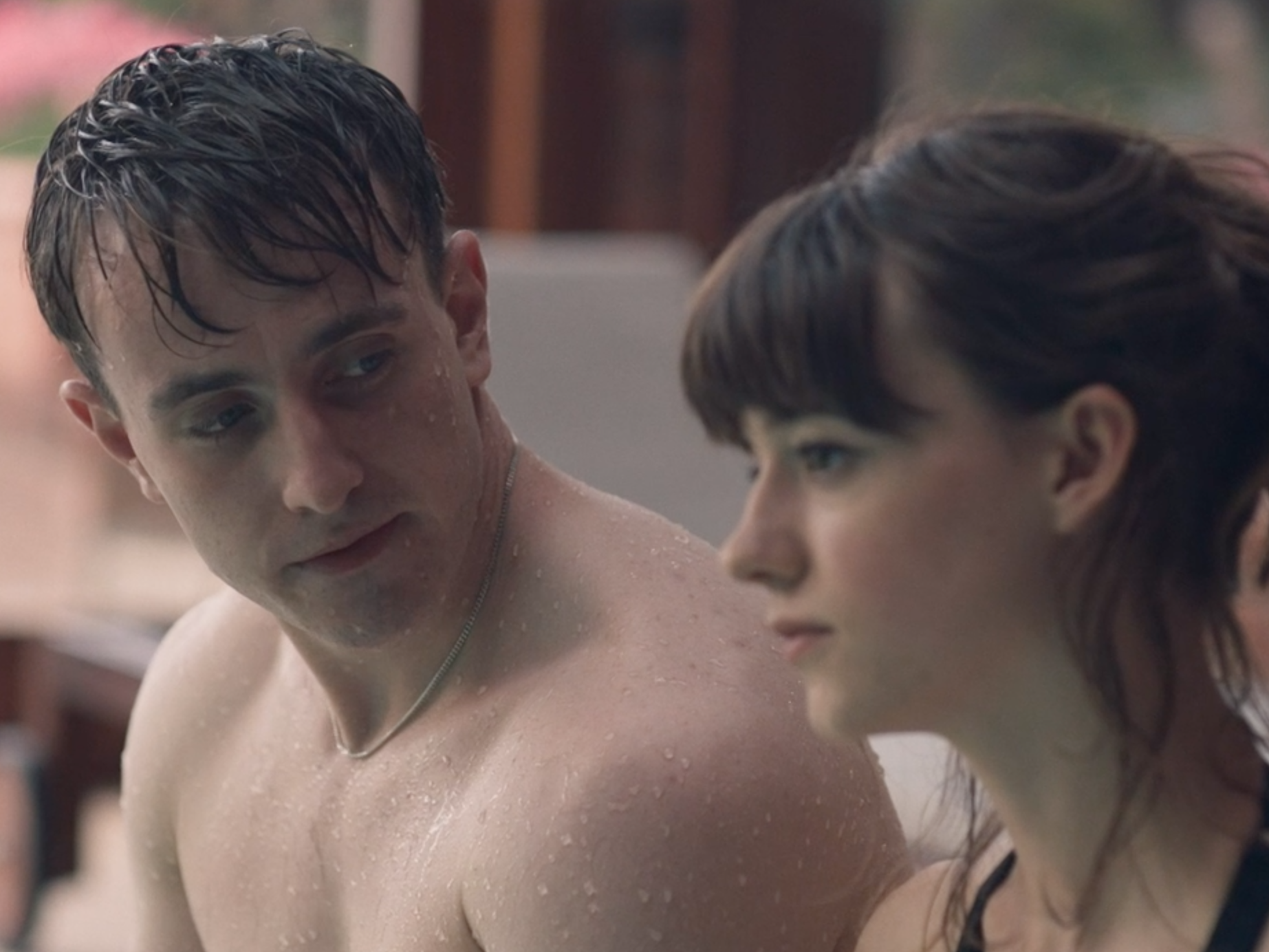
Fans remember the original Gladiator for its scenes of Crowe as Maximus vanquishing all comers and tussling with tigers in blood-spattered Roman auditoriums. Crowe had played a violent skinhead in his breakthrough Aussie picture, Romper Stomper (1992), but arguably he looked far more terrifying running amok in ancient Rome than he had when playing a neo-Nazi in Doc Marten boots beating up immigrants in contemporary downtown Melbourne.
Gladiator also has its heart-tugging moments. Maximus is father to a murdered son, husband to a murdered wife. He is grief-stricken about the killing of the rightful emperor Marcus Aurelius (Richard Harris). Crowe brought machismo and meanness to his role but there was pathos in the performance too. He retained viewers’ sympathies because they knew that his character had been wronged.
Maximus died at the end of the first film, thereby enjoying a symbolic reunion with his family in the afterlife but providing Scott with a stumbling block when it comes to the sequel. For many, the idea of a new Gladiator without Crowe at its heart is unthinkable. The original, with its five Oscars, remains the Australian’s crowning glory as an actor.
Presumably, the only way Crowe can be shoehorned into Gladiator 2 will be if screenwriter David Scarpa comes up with a flashback or a dream sequence. It would be very perverse if the new movie doesn’t at least acknowledge the man who anchored the original.

The sequel is bound to focus again on family betrayal as well as political skullduggery in the Senate and beyond. It will reportedly begin a few years after the old one left off. Will Mescal’s Lucius be sold into slavery, like Maximus in the first film, and then use his skills as a gladiator to revenge himself on his enemies? That’s what audiences are expecting but Scott is not a director who will want simply to make the same film twice.
When it comes to sequels, Francis Ford Coppola’s The Godfather Part II (1974) is always cited as proof that a second film can sometimes be better than the first, even when the original was a classic. James Cameron brought new life to Alien with his 1986 follow-up Aliens and has done mind-boggling levels of business with his Avatar sequel, The Way of Water.
There is, though, a difference between a sequel to a drama and a follow-up film in a franchise. It would feel strange if Scott decided to turn Gladiator into a sword and sandal equivalent of a superhero picture. The reason the original film worked so well is that it was closer in tone to Stanley Kubrick’s Spartacus (1960), starring Kirk Douglas as the gladiator leading a slaves’ revolt, than it was to the world of Marvel or DC.
Coppola’s Godfather sequel benefited from being made shortly after the original film, when its director was still at the peak of his powers. The momentum from the first movie fed straight into the next one. The director may have lost Marlon Brando – whose Don Corleone died at the end of The Godfather – but he had Robert De Niro waiting in the wings.
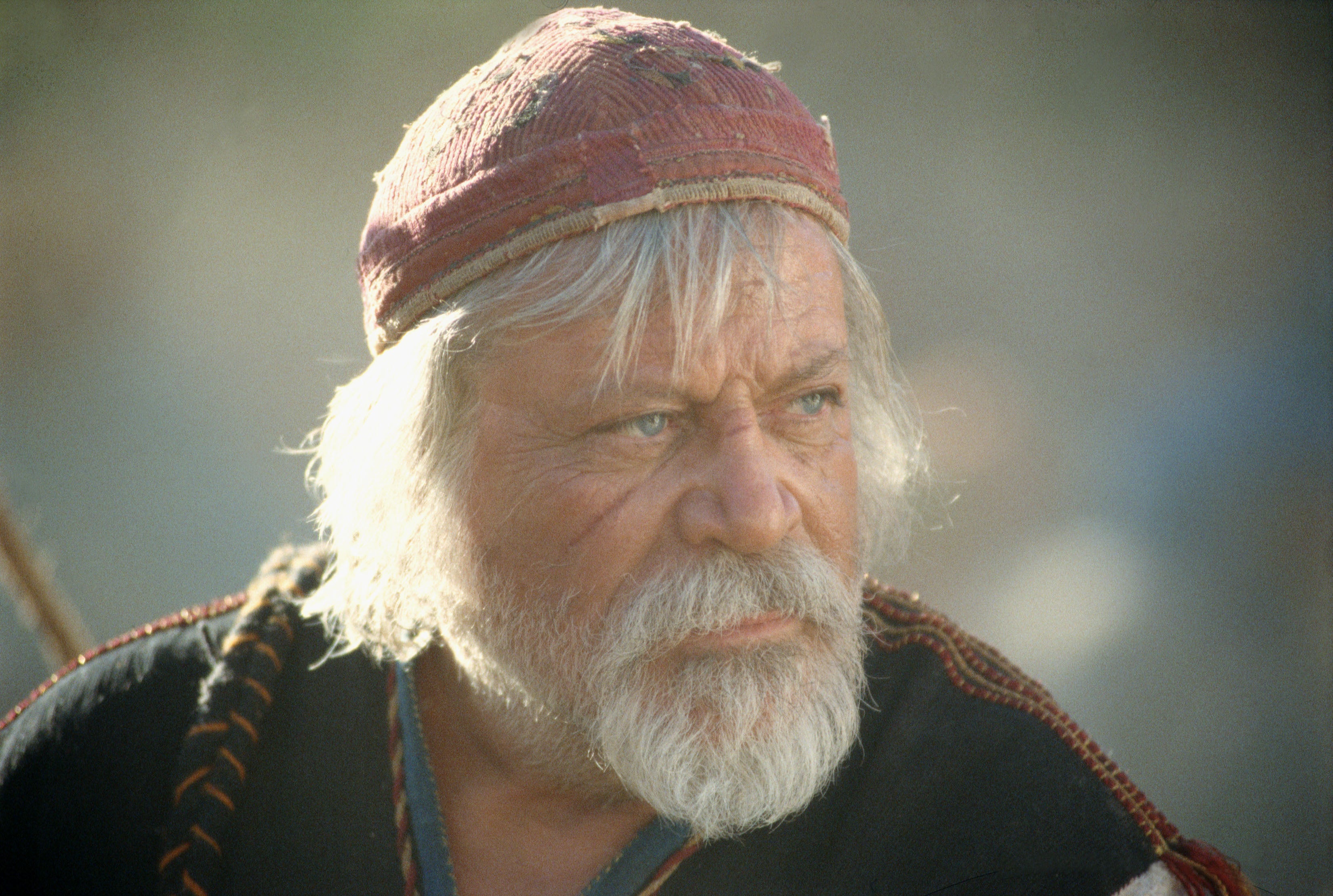
Sequels made many years after the original films are often anti-climaxes. This month, Peter Bogdanovich’s classic, small-town Texas tale The Last Picture Show (1971) is screening at the Berlin Festival as part of a Retrospective Young at Heart – Coming of Age at the Movies in which all the movies have been chosen by prominent contemporary directors. It was selected by M Night Shyamalan who regards it as a masterpiece.
“I think Peter Bogdanovich’s mastery of tone in this film is the holy grail of filmmaking,” Shyamalan said in a 2013 interview with the Director’s Guild of America. “To see a movie that relies solely on tone, and relegates plot to its rightful place in the second position, is thrilling.”
Shot in black and white, Last Picture Show is indeed one of the most subtle and evocative films about young adulthood in Hollywood history. All that delicacy was utterly lost in the horrible sequel, Texasville (1990), that Bogdanovich made 20 years later. The same characters who were so appealing in their naivete and idealism in the first film had become bloated, middle-aged and cynical. Jeff Bridges looked jowly. Cybill Shepherd was no longer a coquettish ingenue. The magic so evident before had completely vanished.
John Cleese has just announced he and his daughter are working on a follow-up to his classic comedy series Fawlty Towers but, now in his mid-80s, he may be too arthritic to manage Basil Fawlty’s funny, loping, long-legged walk.
Gladiator shouldn’t have that problem. It will have a young cast and Scott is bound to fill it with all the sturm und drang of the first film. Advances in VFX will enable him to make the combat scenes yet more juddering. Gladiator Redux should be just as vivid and violent as its predecessor. It is likely to be as emotional too, with its share of romance and bereavement.
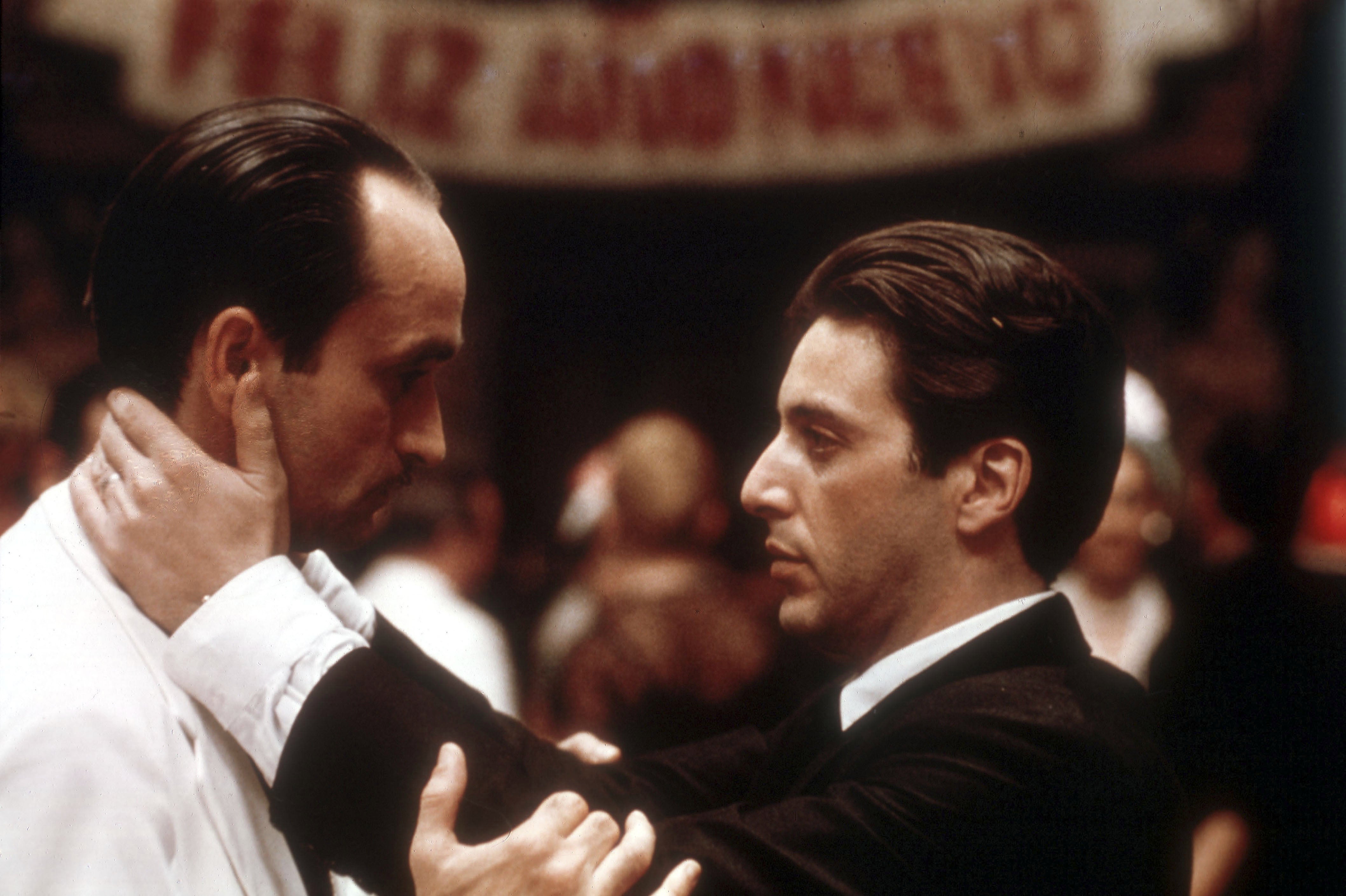
One question Gladiator enthusiasts will be asking, though, is how Scott will fill the gap left by the late Oliver Reed. The riotous, hard-boozing British actor collapsed after getting into a drinking competition with some sailors in a Maltese pub midway through production of the original movie. Reed’s performance as Proximo, the gladiator trainer who takes Maximus in hand, seemed all the more poignant because this was his final screen performance.
Reed gave mythological status to the movie. If you go to Valletta today, locals will still show you to the pub where he dropped down dead. Old colleagues talk in awe about his bristling, antagonistic relationship with Crowe.
Much of the mystique of Gladiator lies in what went on behind the scenes: the feuds, the constant rewrites of the scripts, and the moments when chaos threatened to take over. Scott is bound to do a competent job with Gladiator 2 but whether he can still harness the anarchic energy of the original remains very much open to question.
‘Gladiator 2’ is due to be released on 22 November 2024




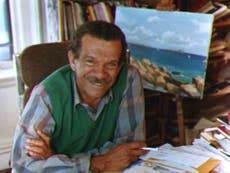

Join our commenting forum
Join thought-provoking conversations, follow other Independent readers and see their replies
Comments